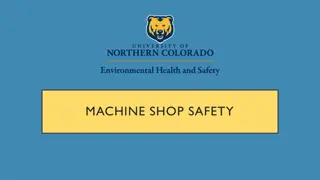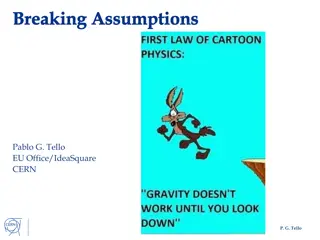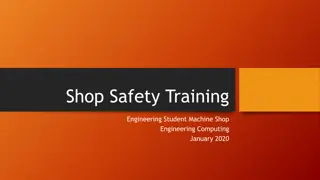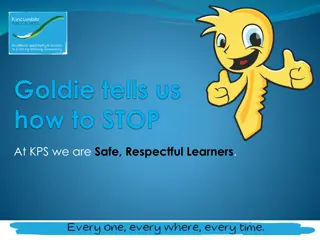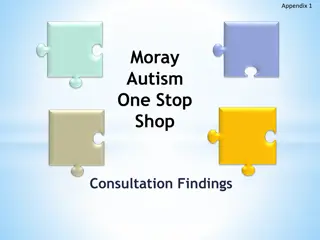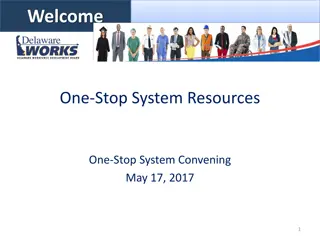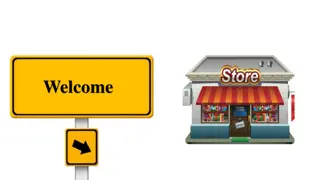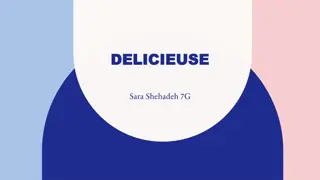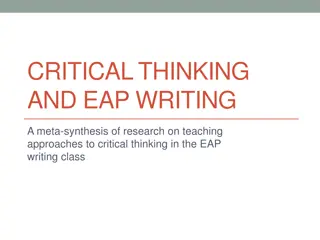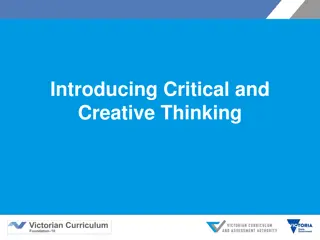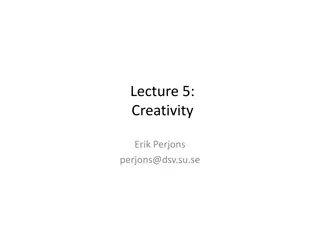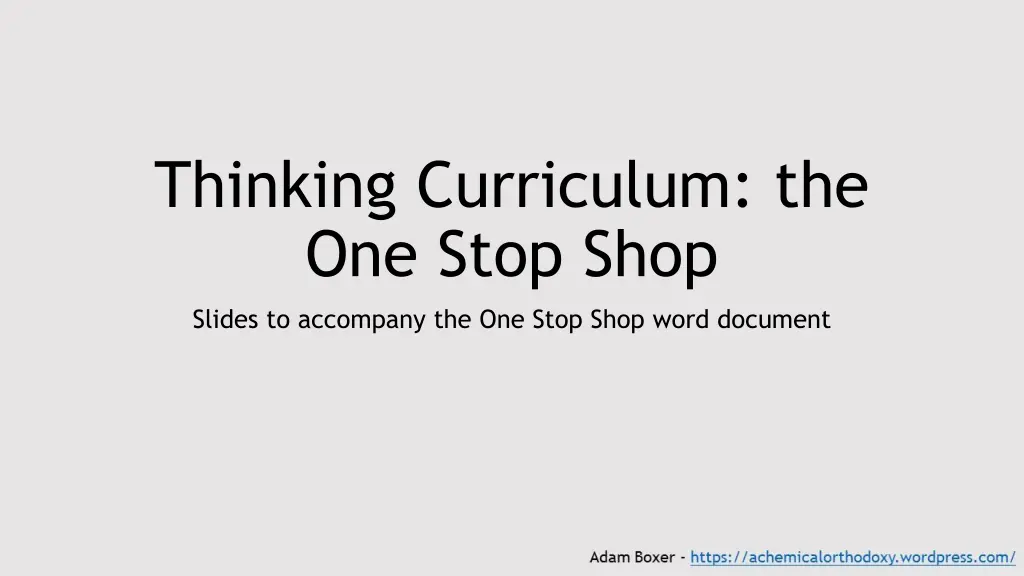
Unlocking Curriculum Insights: Key Concepts and Classroom Applications
Explore the essential concepts of curriculum thinking, from hierarchical/cumulative to specificity, in this insightful presentation. Discover how these concepts impact classroom practices and enhance curricular conversations for richer educational experiences.
Download Presentation

Please find below an Image/Link to download the presentation.
The content on the website is provided AS IS for your information and personal use only. It may not be sold, licensed, or shared on other websites without obtaining consent from the author. If you encounter any issues during the download, it is possible that the publisher has removed the file from their server.
You are allowed to download the files provided on this website for personal or commercial use, subject to the condition that they are used lawfully. All files are the property of their respective owners.
The content on the website is provided AS IS for your information and personal use only. It may not be sold, licensed, or shared on other websites without obtaining consent from the author.
E N D
Presentation Transcript
Thinking Curriculum: the One Stop Shop Slides to accompany the One Stop Shop word document
Focussing on curriculum The new focus on curriculum is not a superficial change It must fundamentally alter the way we view what we are doing in schools Move from thinking about generic teaching and learning or pedagogy to rich disciplinary discussions From how what
Curricular thinking Most of us have not been trained to think deeply about curriculum There are key words, phrases and concepts which will be new These key words, phrases and concepts are not only important in and of themselves, but they help clarify and sharpen our curricular thinking Knowing more about curriculum leads to richer curricular conversations
The One stop shop 22 key terms, definitions, examples, classroom guidance and further reading Categorised by: Knowledge structures and curricular attributes Types of knowledge Characteristics of knowledge Curricular purposes
This presentation will take just a few high-leverage terms from the full list It follows a simple cycle: Introduce new term Definition, explanations, impact on classroom Opportunity for you to think about its application to your classroom Review Move on to next term Terms to be covered: Hierarchical/cumulative Specificity Substantive/disciplinary Procedural/declarative Universals/particulars Utilitarian/essentialist
Provisos This is not for Ofsted, this is because it is important My list is my interpretation, it is not objective fact One stop shop notwithstanding, there is much more out there!
Hierarchical/cumulative Cumulative (e.g. history) Hierarchical (e.g. physics)
Specificity Low specificity (e.g. national curriculum) High specificity (e.g. Core Questions)
Procedural/declarative Know what Know how Concepts Rules Facts Procedures Routines Algorithms
Universals/particulars Mass of a carbonate decreases as it is heated That equations must be balanced Mass of a metal increases as it is oxidised Conservation of mass
Utilitarian/essentialist We need to set ambitious goals for our progress as a nation. And we need clear expectations for each subject. I expect those aims to embody our sense of ambition, a love of education for its own sake, respect for the best that has been thought and written, appreciation of human creativity and a determination to democratise knowledge by ensuring that as many children as possible can lay claim to a rich intellectual inheritance. Michael Gove Many of the skills that schools have traditionally emphasized memorizing things and then recalling them are becoming less and less important for the success of people. In contrast, creative thinking, collaborative problem solving and social skills are becoming more important. We look very carefully at how the world and the skills that people need are changing and then we try to reflect that in our measure. Andreas Schleicher
See many more terms and detail in the accompanying document






